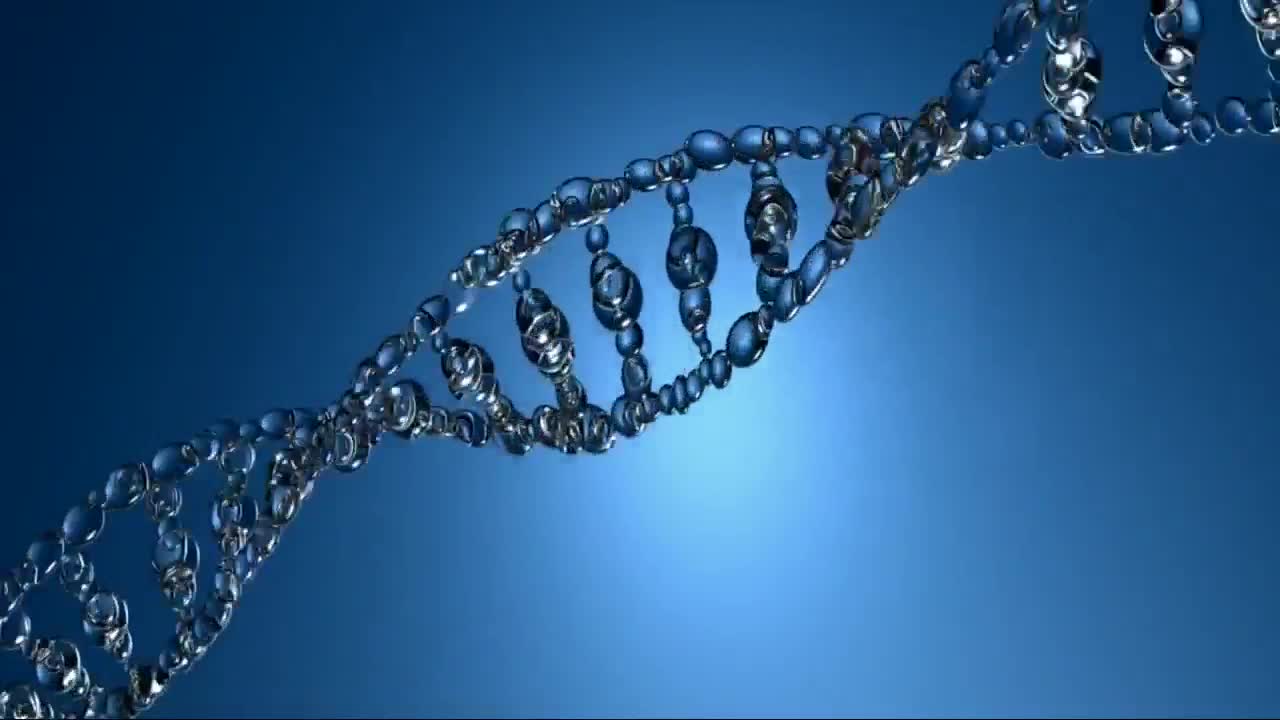If someone in your family has ADHD, there’s a good chance it’s genetic. A first of its kind study has uncovered 12 DNA segments that could make you more susceptible to developing attention deficit hyperactivity disorder.
Question: Why is this study so important?
By identifying the specific genes for ADHD, it could lead to a better understanding of this disorder and possibly new treatments to help those who have it. Right now there are roughly 6 million children and 2.5 percent of adults in the US that have this condition. And if not treated, you can have symptoms like hyperactivity, impulsivity, and inattentiveness. And these can really impact a person’s education, their health and for adults, their career.
Question: How did they uncover these genes?
A team of international researchers scanned the genomes of more than 55,000 individuals from a global database. Now the human genome is a complete set of DNA or genetic instructions. And researchers found 12 gene regions where people with a particular genetic variant have a higher risk of ADHD compared to those who don’t have the genetic variant. And these regions could affect the central nervous system, which then could affect nerve cell signaling and brain development. Also, what was interesting was researchers found that ADHD shares a genetic background with specific health issues like depression, insomnia, obesity and anorexia.
Question: There is still stigma around ADHD, this study could really help reduce that right?
Absolutely. Too many people want to brush off ADHD, thinking its bad parenting, a fad or just a reckless unruly child. This study can certainly help reduce stigma because it shows this is largely a brain disorder with possible environmental factors like being born early or underweight. And what’s important to know, is that we all carry genetic risk variants for ADHD. And the risk of developing it is linked to how many variants you have. Right now 12 variants have been discovered, but researchers expect that number to grow, possibly into the thousands. This certainly shows that ADHD is a very complex condition.



